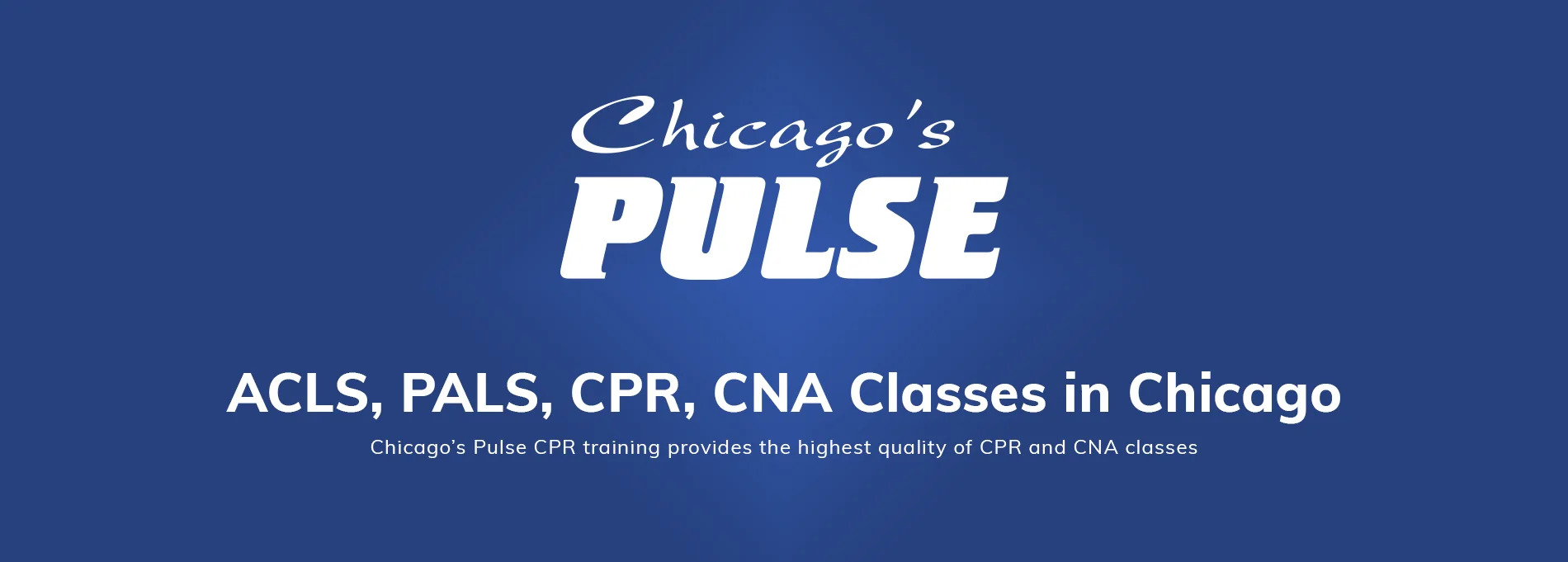
In the bustling healthcare landscape of Chicago, staying abreast of the latest medical practices and protocols is crucial for healthcare professionals. This is where specialized training programs such as Basic Life Support for Healthcare Providers (BLS HCP) and Pediatric Advanced Life Support (PALS) come into play. These programs equip healthcare providers with the necessary skills and knowledge to respond effectively to medical emergencies, ultimately saving lives and improving patient outcomes. In this article, we’ll explore the significance of BLS HCP and PALS training programs in Chicago, highlighting their benefits, features, and the invaluable role they play in ensuring high-quality patient care.
BLS HCP Training Program in Chicago: Building Fundamental Skills
The BLS HCP training program in Chicago is designed specifically for healthcare professionals, including doctors, nurses, paramedics, and emergency medical technicians (EMTs). This comprehensive program covers essential life-saving techniques and protocols for managing cardiac arrest, choking, and other medical emergencies commonly encountered in healthcare settings.
Key Components of BLS HCP Training Program:
- Cardiopulmonary Resuscitation (CPR): The BLS HCP training program teaches participants how to perform high-quality CPR techniques, including chest compressions, rescue breaths, and defibrillation, to revive patients experiencing cardiac arrest.
- Airway Management: Participants learn how to assess and maintain a patent airway, perform basic airway maneuvers, and use adjuncts such as bag-valve-mask devices and advanced airway devices to ensure adequate oxygenation and ventilation.
- Breathing Techniques: The training program covers techniques for assessing and managing respiratory distress, including the administration of supplemental oxygen, assisted ventilation, and the recognition and treatment of respiratory emergencies such as asthma and COPD exacerbations.
- Medical Emergency Response: Participants learn how to recognize and respond to medical emergencies such as stroke, seizure, allergic reactions, and diabetic emergencies, including the administration of appropriate medications and interventions as per current guidelines.
Benefits of BLS HCP Training Program:
- Improved Patient Outcomes: BLS HCP-trained healthcare providers are better equipped to respond quickly and effectively to medical emergencies, leading to improved patient outcomes and reduced morbidity and mortality rates.
- Enhanced Team Dynamics: BLS HCP training fosters effective communication and teamwork among healthcare providers, enabling them to work cohesively in high-stress environments to deliver timely and coordinated care to patients.
- Compliance with Regulatory Requirements: Many healthcare facilities and professional organizations require healthcare providers to maintain current BLS HCP certification as a condition of employment or credentialing, ensuring compliance with regulatory standards and best practices.
- Professional Development: BLS HCP training enhances the professional development and career advancement opportunities for healthcare providers, demonstrating their commitment to patient safety and quality care.
PALS Training in Chicago: Specialized Pediatric Care
The PALS training program in Chicago focuses on pediatric emergency care, equipping healthcare providers with the knowledge and skills to assess and manage critically ill or injured children in emergency situations. This specialized training program is essential for healthcare professionals who work in pediatric hospitals, emergency departments, and intensive care units.
Key Components of PALS Training Program:
- Pediatric Assessment: Participants learn how to perform comprehensive pediatric assessments, including primary and secondary surveys, to identify and prioritize life-threatening conditions in pediatric patients.
- Pediatric Life Support: The training program covers advanced life support techniques for managing pediatric cardiac arrest, including pediatric CPR, defibrillation, and advanced airway management, tailored to the unique needs of pediatric patients.
- Pediatric Pharmacology: Participants learn how to calculate and administer age-appropriate medications for pediatric patients, including resuscitation drugs, antiarrhythmics, and medications for treating respiratory, neurological, and cardiovascular emergencies.
- Pediatric Trauma Care: The training program includes strategies for managing pediatric trauma patients, including the assessment and stabilization of injuries, hemorrhage control, and the recognition and treatment of shock.
Benefits of PALS Training Program:
- Specialized Pediatric Care: PALS-trained healthcare providers are equipped to provide specialized care for pediatric patients, ensuring timely and appropriate interventions that are tailored to the unique physiological and developmental needs of children.
- Reduced Pediatric Mortality: PALS training has been shown to reduce pediatric mortality rates by improving the quality and timeliness of care provided to critically ill or injured children in emergency situations.
- Enhanced Pediatric Resuscitation Skills: PALS training enhances healthcare providers’ pediatric resuscitation skills, including pediatric CPR, defibrillation, and advanced airway management, enabling them to respond effectively to pediatric cardiac arrest and other life-threatening emergencies.
- Confidence and Competence: PALS training instills confidence and competence in healthcare providers, enabling them to approach pediatric emergencies with the knowledge, skills, and readiness to deliver high-quality care under pressure.
Conclusion:
In conclusion, BLS HCP and PALS training programs play integral roles in equipping healthcare providers in Chicago with the skills and knowledge needed to respond effectively to medical emergencies and provide high-quality patient care. From basic life support techniques to advanced pediatric resuscitation skills, these training programs empower healthcare professionals to make a difference in the lives of their patients, ultimately saving lives and improving outcomes. By investing in BLS HCP and PALS training, healthcare facilities and organizations in Chicago demonstrate their commitment to patient safety, quality care, and professional excellence, ensuring that healthcare providers are prepared to meet the challenges of emergency medicine with confidence and competence.








